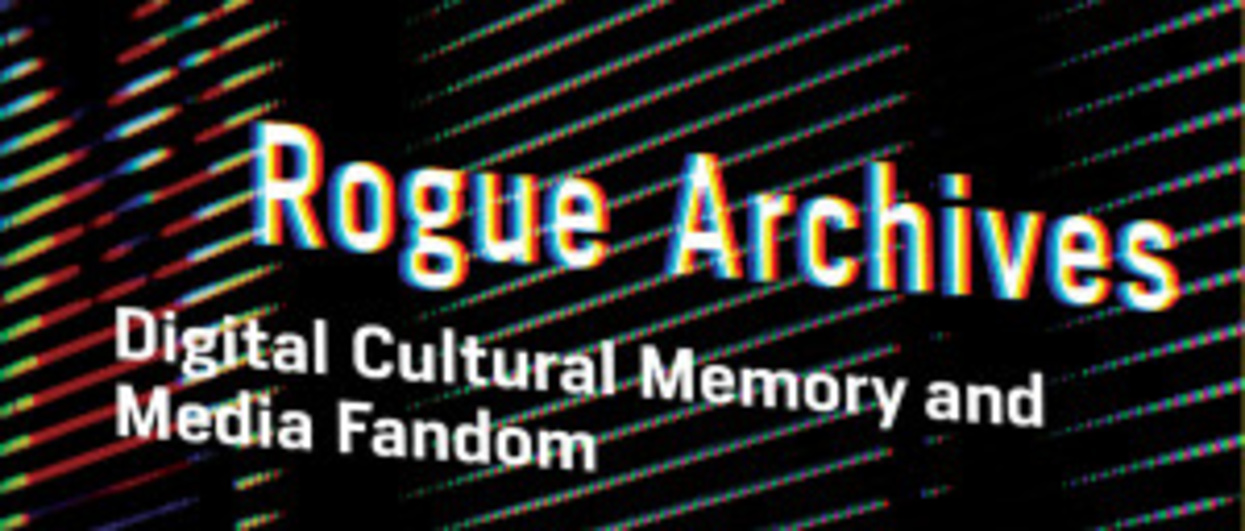Rogue Archives Reviewed in Digicult

Rogue Archives, BCNM Professor Abigail De Kosnik's new book, was reviewed by Sylvia Bertolotti in Digicult. In Rogue Archives, Abigail De Kosnik examines the practice of archiving in the transition from print to digital media, looking in particular at Internet fan fiction archives. The task of archiving was once entrusted only to museums, libraries, and other institutions that acted as repositories of culture in material form. But with the rise of digital networked media, a multitude of self-designated archivists—fans, pirates, hackers—have become practitioners of cultural preservation on the Internet. These nonprofessional archivists have democratized cultural memory, building freely accessible online archives of whatever content they consider suitable for digital preservation.
Established in 2005 Digicult is an online platform that examines the impact of digital technologies and applied sciences on art, design, culture and contemporary society. Digicult is an independent project, with no funds from any institutions or companies, it is neither public nor private, that reaches more than 100,000 online users on a monthly basis. Based on an international Network of critics, curators, artists, designers, professors, researchers, journalists, media center, galleries and festival, Digicult is an editorial project that daily publishes news, calls, books, articles, interviews, reports, essays. Digicult is founded and directed by art critic and curator Marco Mancuso.
Excerpts from the article below:
"As per her own words: “The dual notion of archive, as constructed site / conceptual entity, is this book’s central object of investigation”. In fact, “Rogue Archives” focuses on archiving practices, in particular within the shift from print / analogue to post-print / digital, namely in the transition from physical spaces to virtual ones. The book is interestingly structured in “Chapters” written in traditional academic style alternated with “Breaks”, more informal and experimental sections.
"The rise of Internet fan fictions non-professional, self-designated archivists not only is central to the evolution of digital cultural practices, but it also has as an impact on the democratization of cultural memory. Following Derrida, the author acknowledges the political nature of rogue archiving practices and their power to magnetize diverse social groups (for instance feminist and queer communities), while affecting dynamics of participation and identity."
Don't miss Rogue Archive's book launch on December 9th!
Read the rest of the article here.
